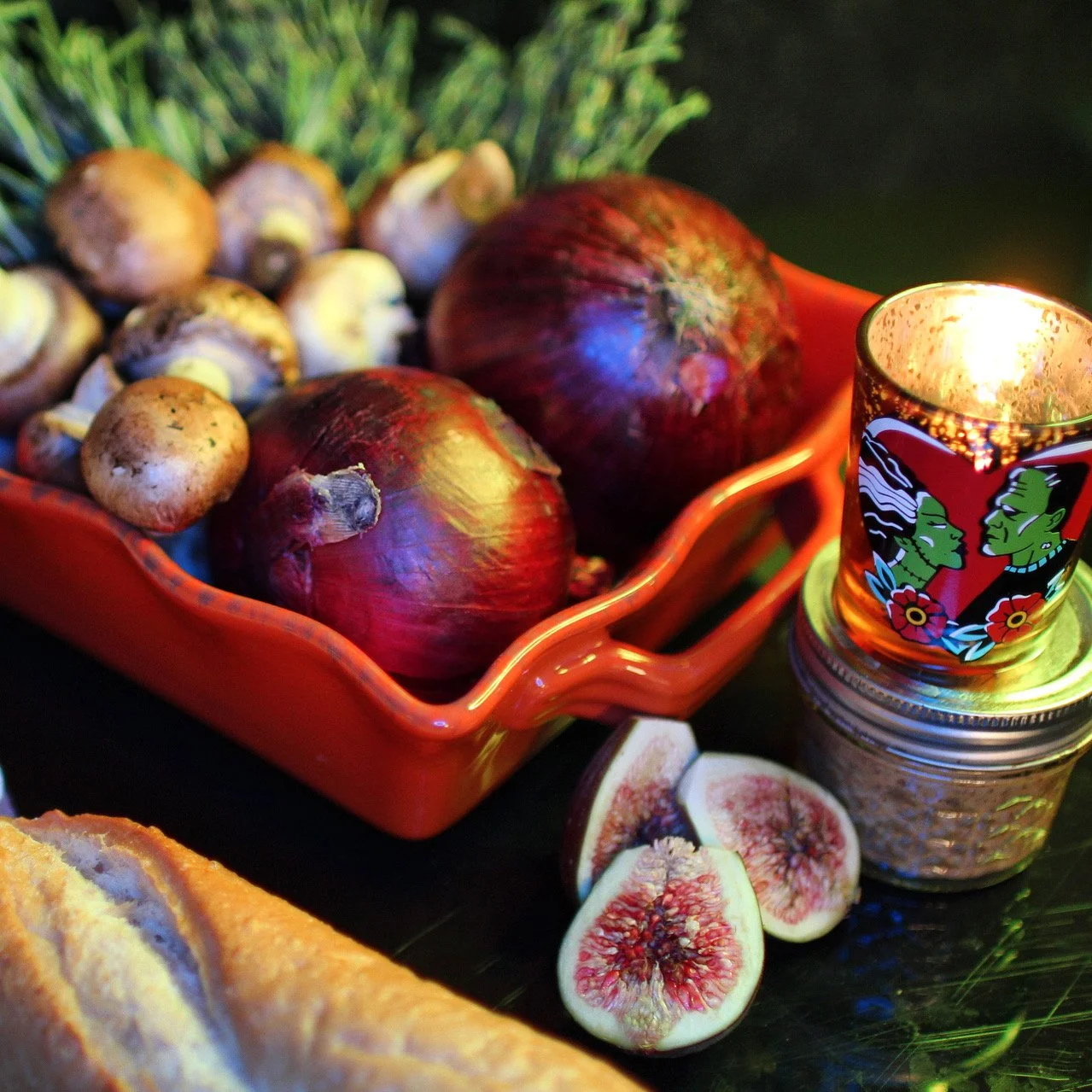Mary Shelley: The Fairy Goth’Mother and a Savory Bread Pudding
In the annals of literary history, few figures have left as profound a mark as Mary Shelley. A writer, a visionary, and a trailblazer, Mary Shelley's legacy resonates through time, not only as the author of the iconic "Frankenstein," but also as a formidable force who transformed the literary landscape. This article briefly explores the reasons why I love Mary Shelley, delving into her Gothic past, her role as the mother of science fiction, and the influence of her mother on her remarkable journey.
Gothic Origins
Mary Shelley's upbringing was steeped in the dark and mysterious realms of the Gothic. Born on August 30, 1797, to radical philosopher William Godwin and feminist Mary Wollstonecraft, she was destined to inherit a lineage of unconventional thinking. However, her mother tragically died shortly after her birth, leaving Mary with a profound sense of loss and an insatiable curiosity about her mother's legacy.
This Gothic backdrop of personal loss, combined with her immersion in her father's intellectual circle, set the stage for Mary's literary endeavors. The themes of mortality, human nature, and the unknown that permeate the Gothic genre found their way into her works, particularly in her magnum opus, "Frankenstein."
Mother of Science Fiction
Mary Shelley's pen birthed what is often considered the first science fiction novel, "Frankenstein; or, The Modern Prometheus." Published in 1818 when she was just 21 years old, this novel broke new ground by blending scientific speculation with Gothic elements. The story of Victor Frankenstein and his creation explored the ethical implications of human ambition and technological advancement, foreshadowing the concerns of our modern world.
Through "Frankenstein," Mary Shelley established a blueprint for science fiction, paving the way for countless authors to envision worlds shaped by scientific progress. Her keen awareness of the implications of human invention and her ability to weave complex narratives have cemented her as a pioneer of a genre that continues to captivate audiences today.
Influence of Her Mother
Mary Shelley's admiration for her mother, Mary Wollstonecraft, was an undercurrent that ran through her life and work. Wollstonecraft's legacy as a feminist and a writer deeply influenced Mary's worldview and her approach to storytelling. Growing up with her father's writings and her mother's legacy, Mary Shelley developed a unique perspective on society, gender roles, and human potential.
Wollstonecraft's ideas about societal reform and the inherent rights of women undoubtedly influenced Mary's inclination toward exploring social and ethical issues in her writing. This influence can be seen in her strong, multidimensional female characters who challenge societal norms and navigate complex moral dilemmas.
Mary Shelley's enduring legacy stems from her profound contributions to literature and her role as a trailblazer in the genres of Gothic fiction and science fiction. Her ability to fuse her Gothic past with innovative ideas about science and human nature produced a literary masterpiece that continues to resonate with readers today. Furthermore, her mother's legacy as a pioneering feminist thinker undoubtedly shaped Mary's worldview, infusing her work with a deep sense of social consciousness.
Mary Shelley's genius lies not only in her ability to create captivating narratives, but also in her foresight to explore ethical, philosophical, and societal questions that remain relevant across centuries. As we celebrate Mary Shelley's life and work, we acknowledge her unparalleled impact on literature and her rightful place as the mother of science fiction.
The recipe I chose to accompany this may seem a little outta left field but let me explain. As I was going down a rabbit hole of research, I stumbled across a yet to be released A Gothic Cookbook and an article called ‘Cooking with Mary Shelley’ from the Paris Review. Inside this lovely blog was a teaser for this book along with some fabulous recipes that had been isnpired by Frankenstein, my guess is the entire book will be gothic lit recipes and I absolutely cannot wait for it to come out! I chose the Shepherd’s Breakfast Bread Pudding but made a few changes since I am vegan. You can find the original recipe by using the links provided. Below is mine and I have to say I was in love with the results!

Savory Bread Pudding
Ingredients
Instructions
- In a large pan, heat the olive oil over a medium heat.
- Add onions and onions, and sauté for a few minutes, or until soft. I make caramelizing an art form, so I do this for 20-25 minutes but I don’t think you have to do it that long to achieve a tasty result. I like to add a pinch of salt to my onions during the process to help sweat the water out of them. This allows the heat to work its magic on the residual sugar which is what gives us the caramelization.
- Mix, wine, sugar, and vinegar in a bowl to incorporate and then pour into pan.
- Increase heat and cook until the liquid has evaporated and the onions are sticky.
- Season with salt and pepper.
- Beat the softened butter with the herbs and a pinch of salt. Spread this mixture over each slice of bread, then cut up into cubes. Feel free to use your hands and rip the bread up too. It’s about to get all soft and smushy anyhow. No need to be precious.
- Preheat oven to 350 and grease a large baking dish. Arrange a layer of bread on the bottom, top with a layer of onions, and sprinkle with cheese. Repeat the layers until the ingredients are used up, ending with cheese.
- Using a whisk or blender, mix together the coconut cream, tofu, cornstarch, mustard, garlic powder, onion powder, 3/4 tsp salt, and pepper to taste.
- Pour over the bread, pushing down so it soaks up the liquid. Rest for five minutes then bake for 40-45 minutes, until puffy and lightly golden.
- Allow to cool and then enjoy!



